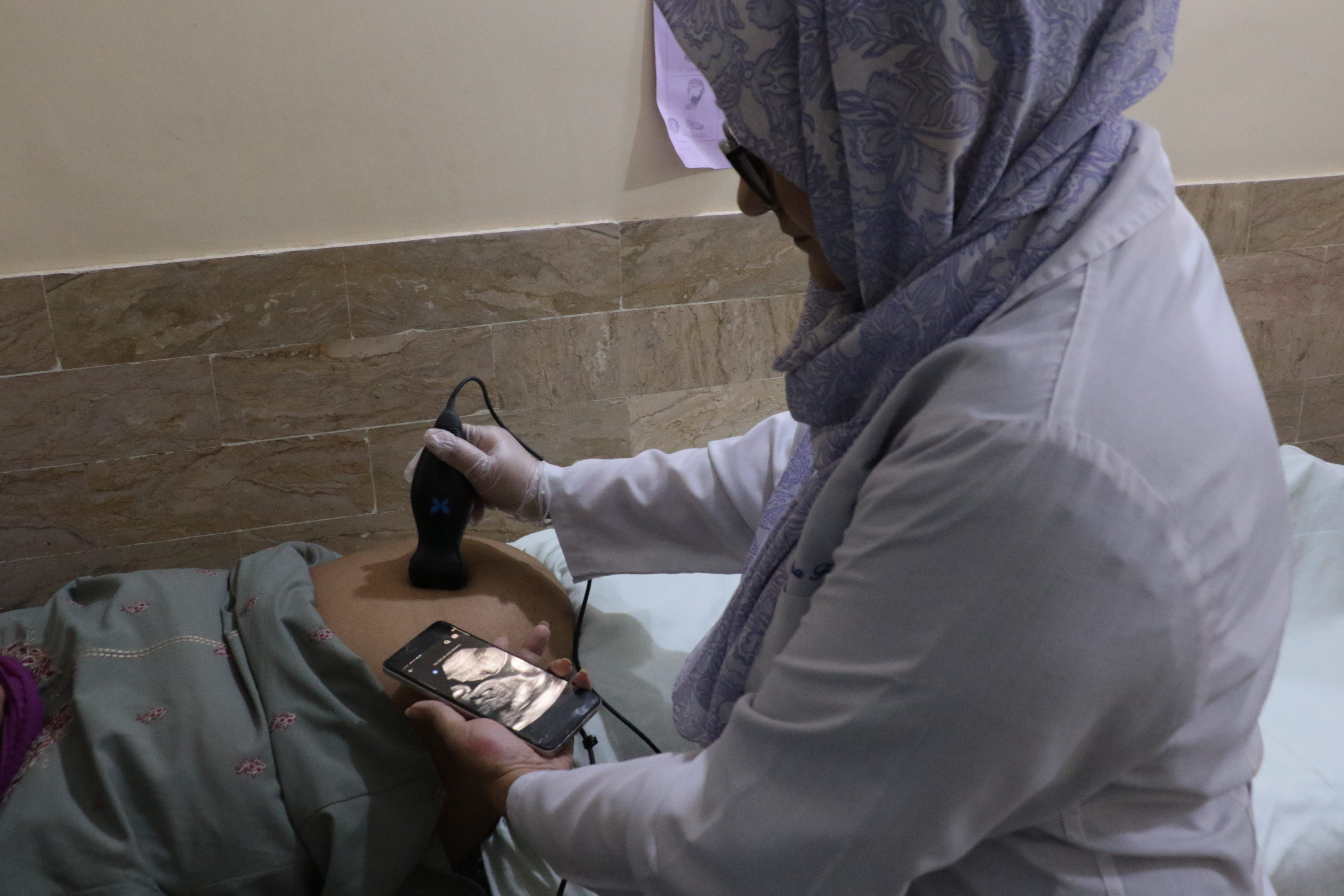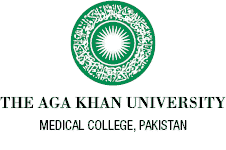Fetal Age Machine Learning Initiative (FAMLI)

Every day, approximately 830 women die from preventable causes related to pregnancy and childbirth, and almost all these deaths occur in low- and middle- income countries (LMICs). Maternal and infant health are closely linked.
Approximately 2.7 million neonates die per year, and an additional 2.6 million are stillborn. Early ascertainment of fetal Gestational Age and detection of clinical conditions in the antenatal period is critical to good clinical management.
We have shown that machine learning techniques can be applied to ultrasound to ascertain accurate GA estimates and provide detailed information on fetal wellbeing and maternal conditions thus, identifying high risk pregnancies and enabling decisions regarding place and mode of birth.
However, the WHO estimates that nearly two-thirds of the world’s population has no access to diagnostic imaging and that up to 70% of imaging equipment worldwide is nonfunctional because of limitations in acquisition, user training and, technical support.
Although it is ubiquitous in industrialized regions, obstetrical ultrasound is used infrequently in LMICs. Reasons for this disparity include the expense of traditional ultrasound machines, their requirement of reliable electrical power, the need for obstetrics-trained sonographers to obtain images, and the need for expert interpretation.
Two recent developments offer solutions to these barriers. The first is the expanding availability of point-of-care ultrasound (POCUS) devices. There are now several manufacturers of battery-powered transducers that connect to a smartphone or tablet computer and cost considerably less than a traditional ultrasound machine.
The second is rapid advancement in the field of computer vision/AI algorithms. Deep-learning algorithms are increasingly capable of interpreting medical images and can be deployed on mobile devices.
Team: Zahra Hoodbhoy, Fyezah Jehan, Imran Nisar
Objectives: We aim to leverage recent developments along with our data, engineering, and analytical solutions to develop a robust, inexpensive, widely-deployable ultrasound device that can assess important obstetric conditions and calculate GA while requiring minimal operator expertise
Sites: Bhains Colony, Karachi
External sites: Kisumu (Kenya), Lusaka (Zambia)
Timeline: Project will be initiated in February 2025
Sponsor:
University of North Carolina
Dissemination, presentations:
Dr Zahra Hoodbhoy was featured in Nexus, the newsletter for the
Global Office for
Research and Graduate Studies, Vol 8, December 2023.


